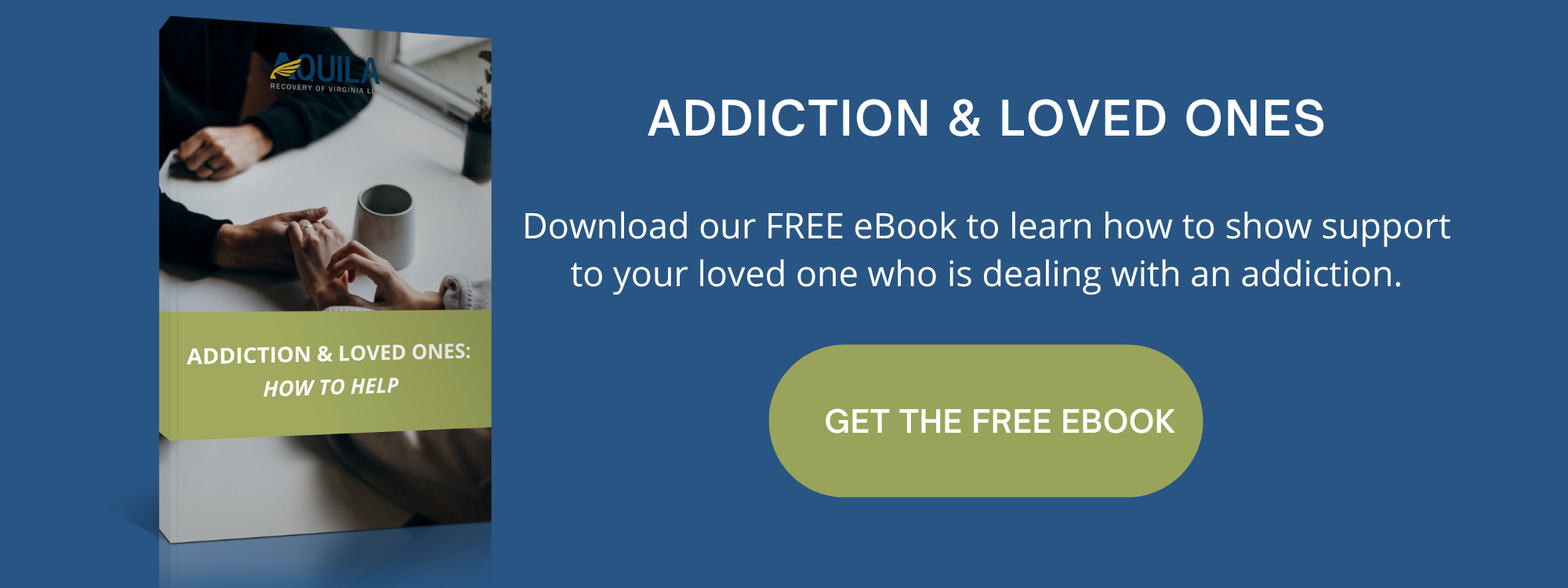The common effects of alcohol on the body are well documented, but what about the seemingly more hidden effect of alcohol addiction on families? Understanding the full impact of your substance use on your family can be a first step on the road to recovery and will help you self-reflect. Not all of these will apply to everyone but even if only a few resonate, it’s worth considering the impact that you may be having on your family. Here are a few common challenges that face families experiencing substance use disorder.

It’s an emotional roller coaster
Substance use disorder can cause increased tensions in a family – whether it’s from unspoken fears or from miscommunications. Often, this tension can lead to stress and negativity, as well as a feeling of instability. If you make drinking a priority, you’re putting family second and this won’t go unnoticed. Not being there for family functions or activities could also result in feelings of distrust from family members as they cannot always count on you to be there.
Addiction multiplies
You have to remember that alcohol use can be a coping strategy for many people – even within your family. Keep an eye out for children and other family members who are falling into patterns of substance use.
Codependency
Your family might be covering for you, desperately trying to show that you’re the perfect family in an attempt to control or hide the problem. Inadvertently, they might become enablers too as they try to make up excuses or justify your behavior. In relationships where substance use disorder is present it is common for a family member to start drawing their sense of self-worth by becoming reliant on their role of providing care for you or for “standing up” for you when others call your actions into question. If you’re worried about this remember that there is help available for your family as well as for you.
There may be financial Insecurity
We can’t hide things from our families forever, and your family members are probably aware of the financial ties you have to alcohol. Alcohol is expensive, after all! If you’re experiencing trouble at work as a result of drinking too this will put a larger strain on the family too as everyone tries to cope with tight funds.
Isolation
When you’re feeling emotionally drained in a family, you might find your family members do their best to not be there for situations that are negative and this means they generally avoid you. This can be incredibly lonely and in turn may make you feel isolated. If you’re making an effort to conceal your alcohol consumption from them you’re actively isolating yourself from them as well. Both you and your family are avoiding the situation. The best thing you can do is to address it and take a first step towards recovery.
Key things to remember about certain family members:
- Sons/Daughters might feel they are having to be the ‘adult’ of your relationship, taking on adult roles in order to compensate for potentially inconsistent parenting. Emotional instability rubs off on children, and as a result behavior problems may follow too.
- Partners will often doubt themselves when it comes to addiction, and might be wondering about their own self worth, considering themselves a failure. They may also feel emotionally and physically exhausted trying to help ‘fix’ what they perceive to be an issue. The strain involved here cannot be under-estimated. Around half of men and two thirds of women who are divorced have been exposed to alcohol issue in the family at some point.
You can change your future! Follow our Recovery Blog for inspiration on your path to recovery and contact us if you’re ready to seek assistance in quitting drinking. Remember, substance use disorder is not a moral failing.

